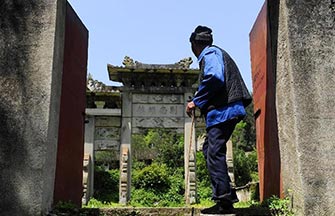Japan's refusal to genuinely apologize for war crimes draws criticisms
( Xinhua ) Updated: 2015-07-20 15:02:33
The legislations passed in the Diet, which were strongly opposed by a large segment of the Japanese public, will enable the Japanese military to fight abroad to protect allies even if there is no direct threat to Japan or its people, something previous successive governments have ruled out.
Last week, Beijing has urged caution even as it questioned if Japan was"going to give up its exclusively defense-oriented policy", "We solemnly urge the Japanese side to... refrain from jeopardizing China's sovereignty and security interests or crippling regional peace and stability," China's Foreign Ministry spokeswoman Hua Chunying said in a statement.
China has frequently warned of the dangers of an unfettered Japan, invoking its destructive invasions and occupations in the first half of the 20th century.
In his book entitled War, Guild and Politics after World War II world-renowned author Thomas U. Berger explained why Japan is viewed as so unrepentant despite the atrocities committed by the Japanese Imperial forces in China during the country's half- century of war and colonial expansion that ended in 1945.
Berger, who is an associate professor of international relations at Boston University and a frequent traveler to Japan, said that a complex web of culture, politics, geography and shifting notions of justice have made it more difficult for the Japanese to apologize for past transgressions than other societies.
"That's particularly true compared to Germany, whose crimes outstripped even those of Japan, but which has largely reconciled with former victims,"he said.
"If we have a look at the list of war apology statements from Japan it could appear that Japan has indeed apologized many times for its WW-II atrocities. "However, a better look reveals that Japan has mostly apologized to South Korea and South-East Asian countries, but no proper official apology was issued to China" he added.
|
|
|
|
|
|
|
|
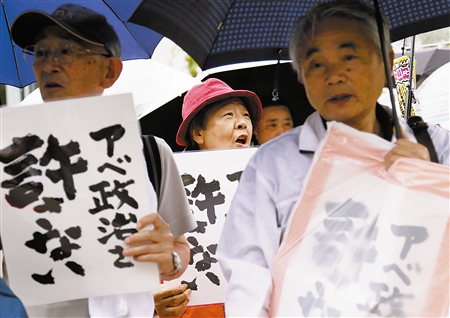


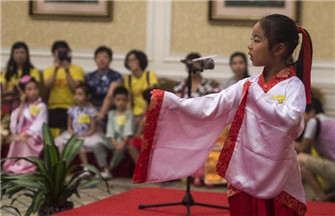





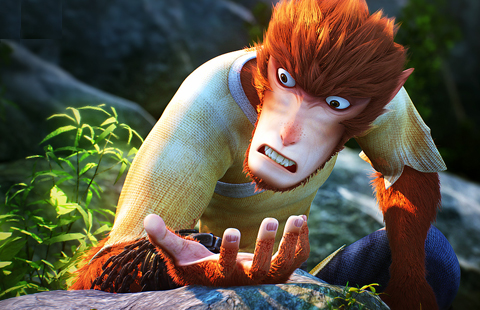










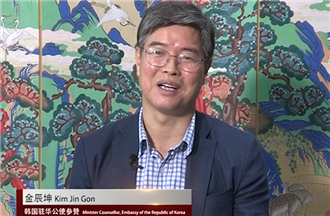
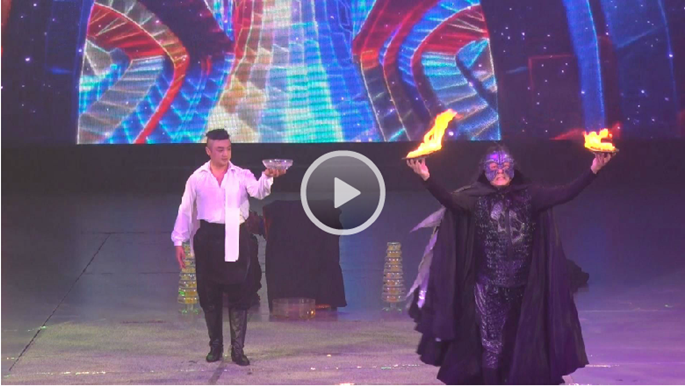

 Raymond Zhou:
Raymond Zhou: Pauline D Loh:
Pauline D Loh: Hot Pot
Hot Pot Eco China
Eco China China Dream
China Dream China Face
China Face





